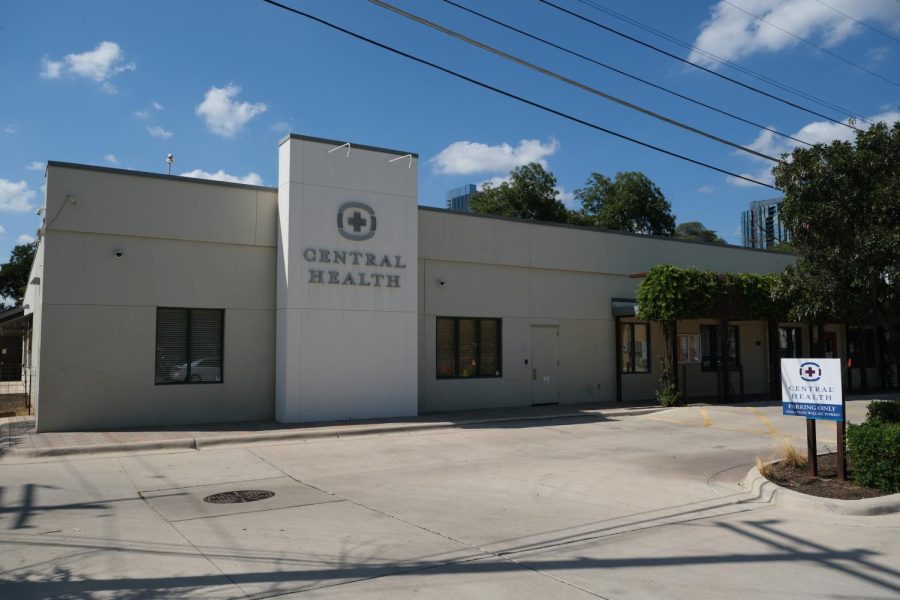Dell Medical School funding source Central Health adjusts budget after loss of federal funds
September 21, 2022
As a federal payment program that provides funding to hospital districts comes to an end, Travis County health care entity Central Health is rearranging its budget this fiscal year to continue providing Dell Medical School with the $35 million as outlined in a 2014 collaborative agreement.
Central Health provides purchased health services primarily to low-income and uninsured Austin residents. Its annual payment to the medical school is largely funded by the Delivery System Reform Incentive Payment programs, a federal program designated to help state governments improve access to healthcare. However, the program is phasing out this month, according to the Austin American-Statesman.
Central Health was created in 2004 by local taxpayers to provide health care for those who cannot afford health insurance but do not qualify for federal programs such as Medicaid or Medicare, according to its website. Payments from Central Health to Dell Medical School go through the Community Care Collaborative, a partnership between the health care district and the Ascension Seton hospital system, according to its website.
Phillip Ramati, media relations specialist for Central Health, said the Community Care Collaborative received its last DSRIP this year. He said in the fiscal year 2023, Central Health budgeted $22 million for Dell Medical School in addition to $13 million that will come directly from Community Care Collaborative.
“Our community’s visionary investment played a key role in shaping Dell Medical School’s mission and vision, and in solidifying the medical school’s focus on improving health and health care for everyone in Travis County, particularly those most in need,” said George Macones, interim dean and chair of the department of women’s health at Dell Medical School. “This foundational investment has also made so much more possible, and we’re seeing that impact play out every day for Central Texas patients and families.”
Central Health’s payments to Dell Medical School, which were established by the Affiliation Agreement and make up 12% of the school’s Fiscal year 2023 budget, will continue to go through Community Care Collaborative. But now, Central Health must alter its budget to make up for the removal of DSRIP funds.
“This year, Central Health (expenses) exceed revenues, but we are able to balance the budget using contingency reserves,” Ramati said. “Our long-term strategy to build up our reserves is allowing us to continue expanding much needed services for Travis County residents with low income.”



